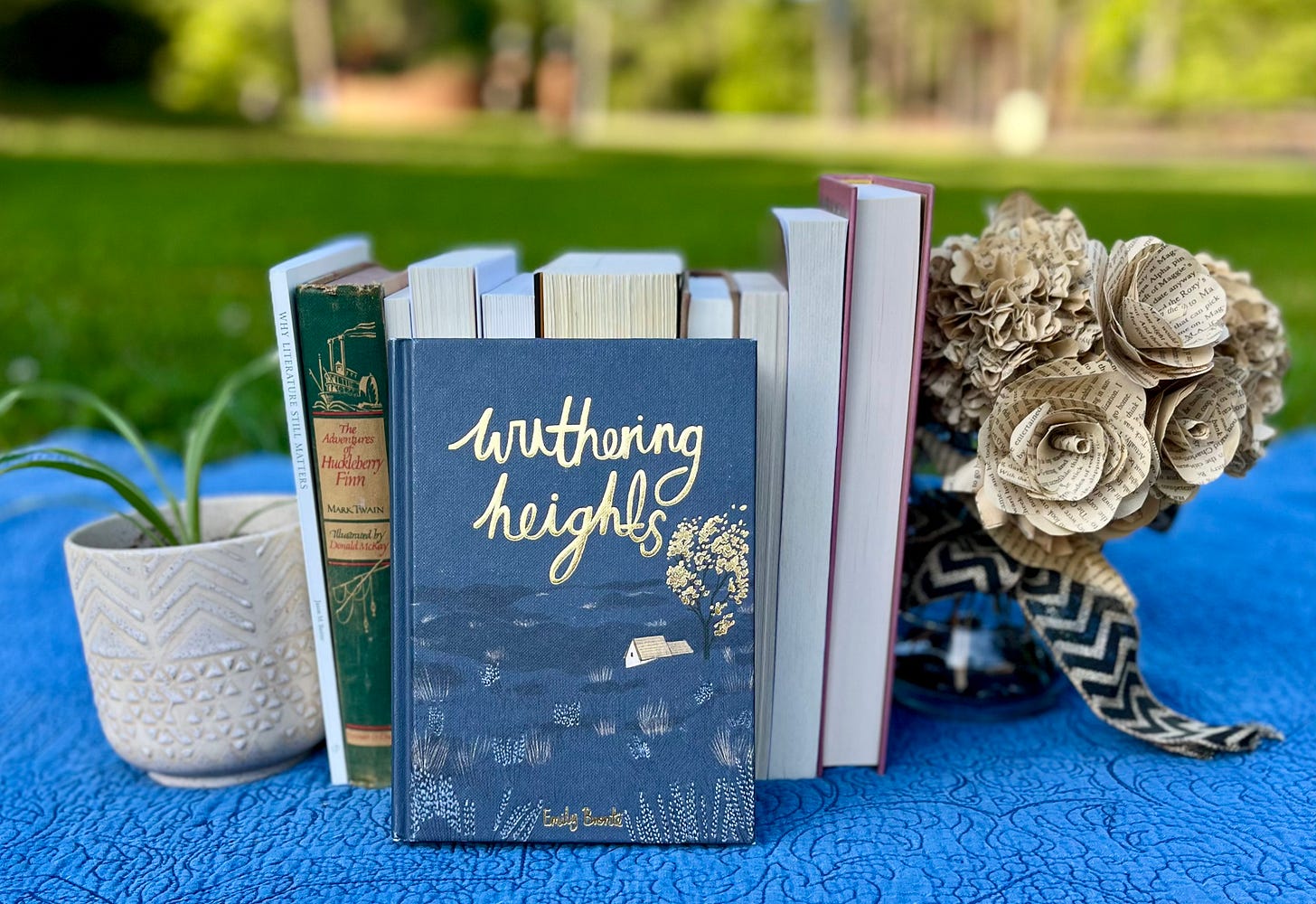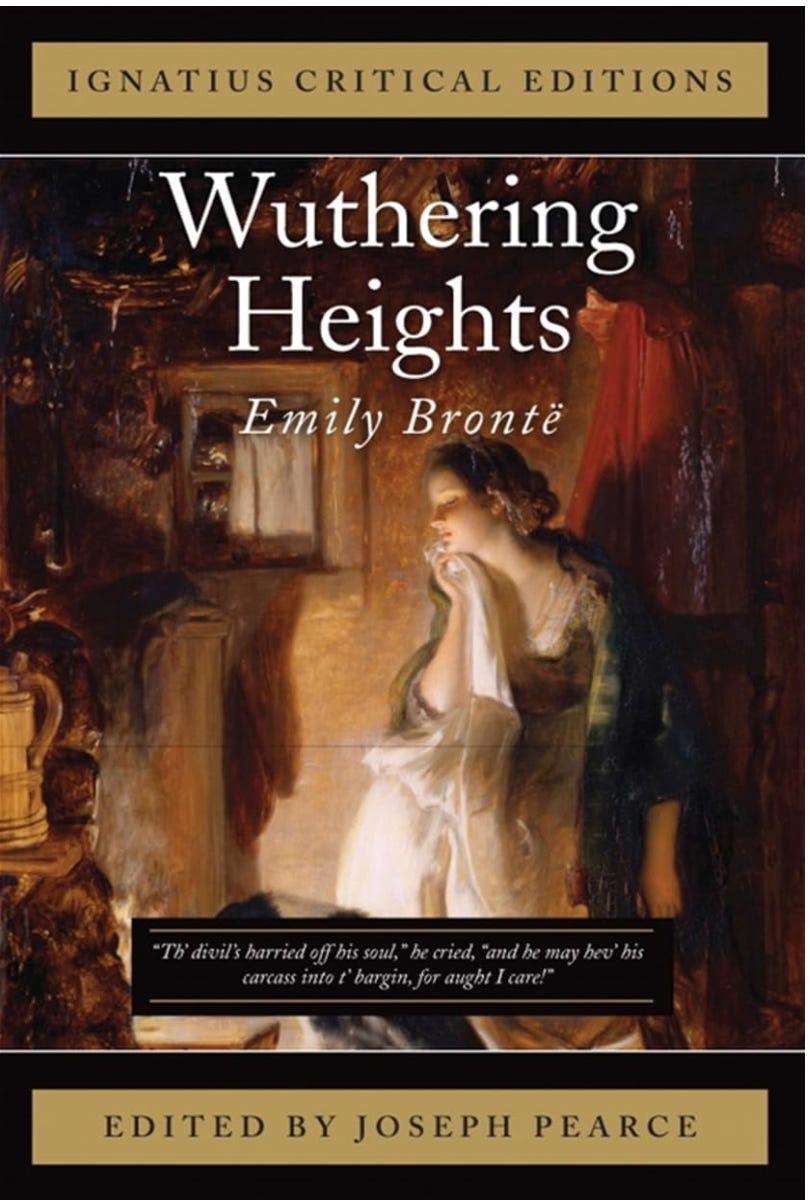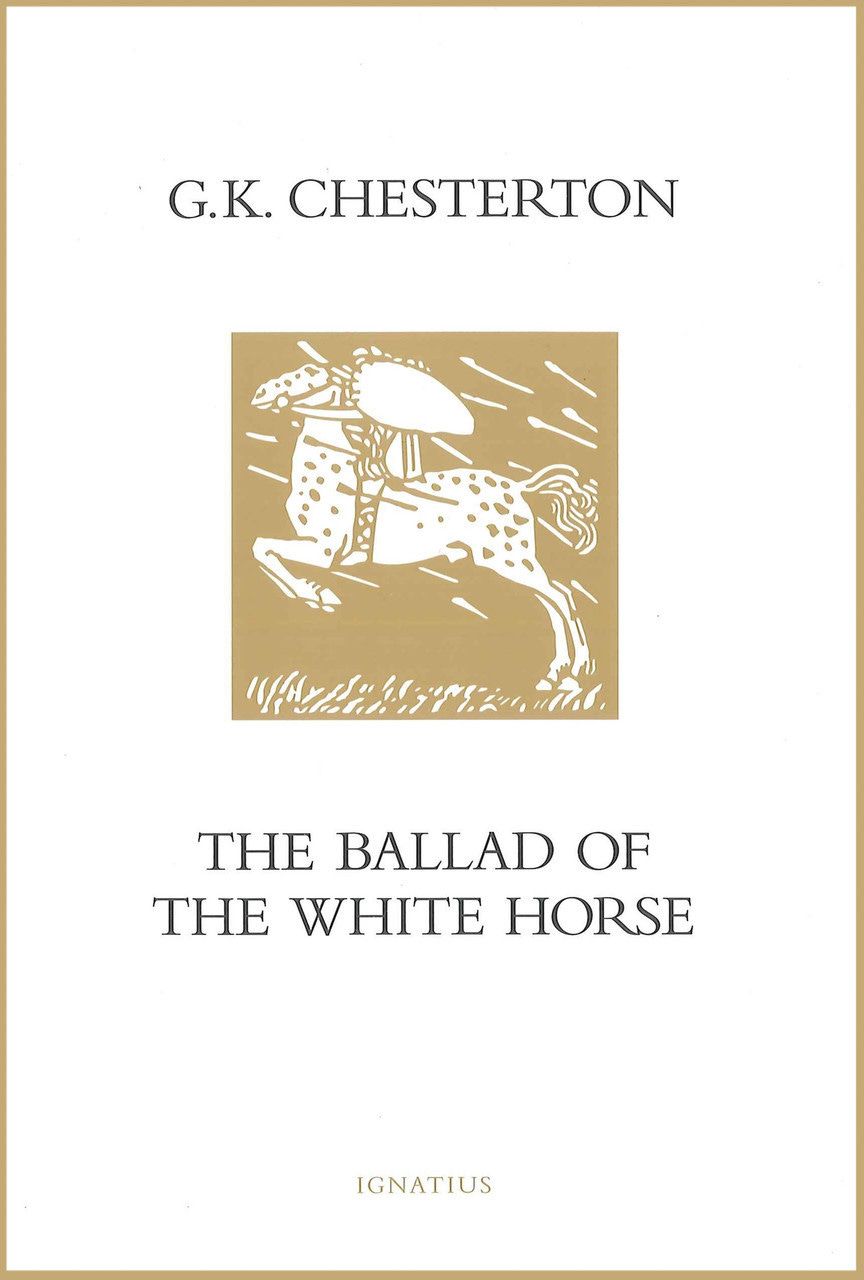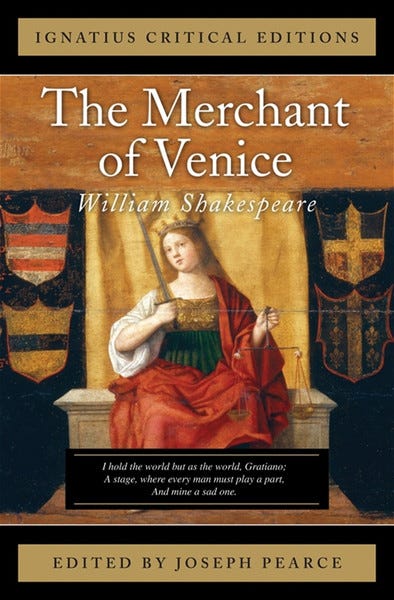The night is darkening round me,
The wild winds coldly blow;
But a tyrant spell has bound me,
and I cannot, cannot go.
The giant trees are bending
Their bare boughs weighed with snow;
The storm is fast descending,
And yet I cannot go.
Clouds beyond clouds above me,
Wastes beyond wastes below;
But nothing drear can move me;
I will not, cannot go.
-”The Night Is Darkening Round Me” by Emily Brontë
Hello, Readers!
I am delighted to share with you the Resource Roundup for our November book club read: Wuthering Heights by Emily Brontë. We are all looking forward to some lively book club discussions this month as this book may be the most polarizing on the list. Love it or hate it, this gothic novel is most certainly worthy of our time and discussion!
I truly hope, as I mentioned in our book drop day post, that this month finds you curled up under a blanket with a warm drink while gazing out upon a cool, gray autumn to truly get you into the gothic mood. But whatever the externals may be, I have every confidence that Emily Brontë will bring us into the autumnal spirit.
We had two lovely substack friends help introduce this book for us in our aforementioned book drop day post, so be sure to check out what
and had to say as we dive into our reading this month.Below you’ll find some preliminary thoughts (spoiler-free, of course) as we prepare to dive in to the story:
A Few Things I Loved
Despite our distance from the action given the narrative style, I love the way that Emily Brontë pulls us right into the story from the outset. Seeing Wuthering Heights (the house) first from Lockwood’s perspective is powerful. She so brilliantly opens the book with a house full of mysteries, and the story slowly unfolds each one. In other words, the book is, if nothing else, structurally brilliant.
The biblical/theological imagery in this story runs DEEP. I love the way that Brontë thematically weaves a thread throughout the story of the four last things (death, judgments, heaven, and hell). Alongside the several physical deaths that occur throughout the narrative, we also find lots of discussion around heaven, hell, and the life to come (both physical and spiritual). This emphasis, along with the (forgivable) melodrama, keep before us the reminder of just how high the stakes are within the world of this story.
I love the way that Emily Brontë holds up a mirror to her readers. We are faced with an unforgettable (read: mostly unlovable) cast of characters, and find ourselves asking the same questions about them that they are asking about themselves. Are they truly this wicked? Are they better considered as victims or offenders? Can they be saved? Can they escape their fate? Considering where we’re inclined to give our sympathy, antipathy, and even our apathy, offers us an interesting, if sometimes painful, self-examination.
There are so many extremely memorable scenes and passages from this story, but there are two that come to my mind without fail every time I think of this book. Without giving too much away for new readers, I’ll just say, I LOVE the entire “I am Heathcliff” speech/scene and think that her prose in that section is absolutely masterful. The second scene that I love (and by love I really mean, “am utterly haunted by”) is the scene with Hindley and Hareton on the staircase (IYKYK).
A Few Reading Resources
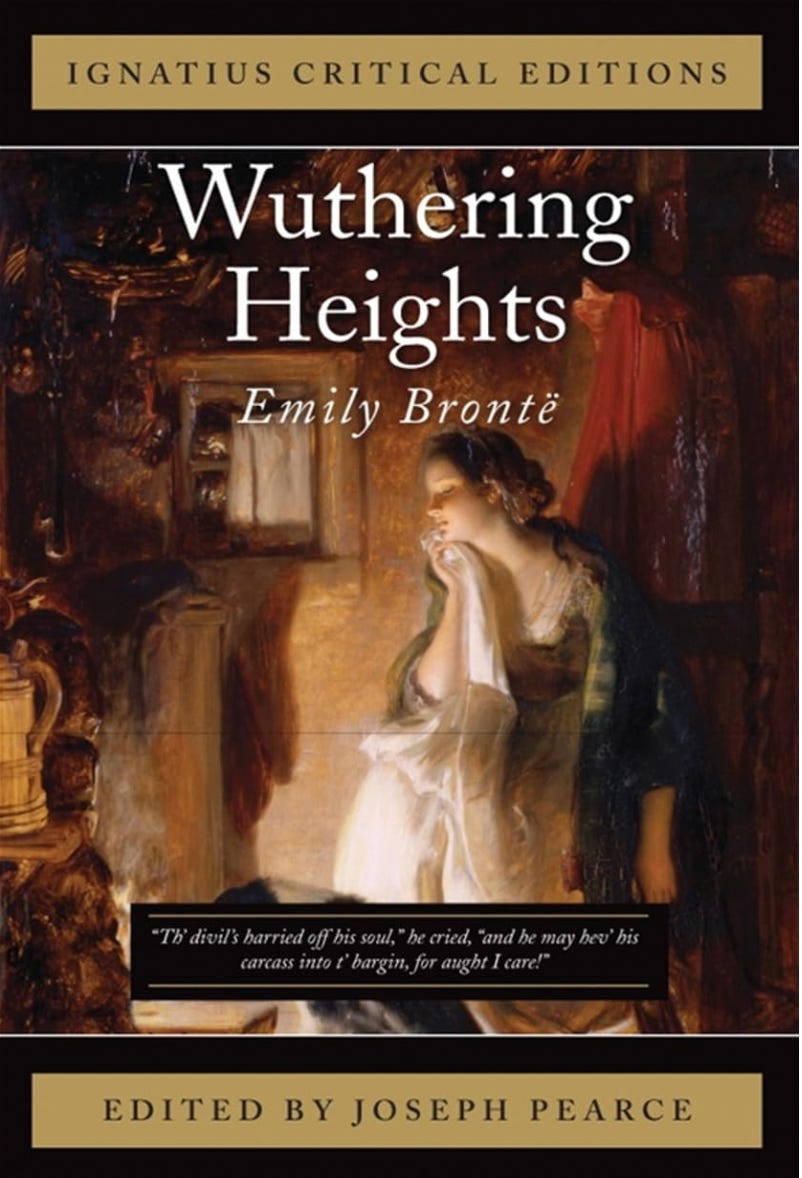
Reading Revisited ep. 16: Intro to Jane Eyre and Gothic Novels w/ Eleanor Bourg Nicholson
in this episode, special guest Eleanor Bourg Nicholson gives us an EXCELLENT introduction to gothic novels (and the Brontës)
Reading Revisited ep. 78: Intro to Wuthering Heights w/
“Jane Eyre and Wuthering Heights” in The Common Reader by Virginia Woolf
a short, but poignant essay highlighting the genius of the Brontë sisters
The Brontës: A Life In Letters by Juliet Barker
The Annotated Wuthering Heights by Emily Brontë, ed. by Janet Gezari
The Emily Brontë Collection: Wuthering Heights, Selected Poems
-
this essay is a delightful and helpful guide for putting WH in context
-
Eleanor Bourg Nicholson first told us about this book in our above-listed podcast episode. It has ancient pagan shrines, werewolves, AND the Brontë family…sold. A great companion read for Wuthering Heights.
- episodes on Wuthering Heights
A Few Themes To Keep In Mind
Names
Names (and those who are unnamed) are of the upmost important in this novel. They can be hard to keep track of, but it’s worth noting when a name stands out to you!
Isolation vs. Society
“In all England, I do not believe that I could have fixed on a situation so completely removed from the stir of society. A perfect misanthropist’s Heaven” (5)
Nature
The relationships of the characters to the outside world is extremely important. This book is very physical. The story is very tied to the physical landscape (i.e the Yorkshire moors). As with all gothic novels, it’s important to keep in mind the way that the exterior world relates to the interior world of our characters.
Frame Narrative
We are several layers distant from the action of the story - it’s important to keep these layers of narration in mind
Determinism vs. Freedom of the will
Is it possible to overcome your circumstances/upbringing?
Nature vs. nurture
The Last Things (Death, Judgment, Heaven, Hell)
who, in this story, can be saved?
Haunting/Ghosts
Darkness vs. Light
Motherlessness/Fatherlessness
A Few Discussion Questions
What, if any, was your impression of this novel before reading it? Has your impression changed?
Share a favorite quote, scene, or character from the book
Discuss the title of the book
How does this novel compare to Jane Eyre or other Brontë/Gothic novels you’ve read?
Where do you see the gothic elements in this novel?
Discuss the lack of parental figures in the book
Are there any Good characters in this book? Which characters do you feel most sympathetic towards?
Discuss the main characters: Cathy, Heathcliff, Nelly, Edgar/Isabella, Catherine, Linton, Hareton
Who would you identify as the protagonist?
Aside from the obvious, how do we see generational patterns in this story?
Discuss the supernatural elements of the story
What do you make of the ending? Were you surprised? Are you satisfied with the way she concludes?
Is this novel’s contentious reputation deserved?
We hope you are all planning to read along with us this month! Please let us know in the comments any other resources, thoughts, or themes we should keep in mind as we begin!
Until next time, keep revisiting the good books that can enrich your life and nourish your soul.
What We’re Reading Next:
November
Wuthering Heights by Emily Brontë
December
Ballad of the White Horse by G.K. Chesterton
AND
A Poetry Handbook by Mary Oliver
January
Merchant of Venice by William Shakespeare
A Few Reminders:
If you are wanting to get in on the in person or virtual community please contact us!
We have turned on paid subscriptions which will allow you to support the work we are doing here.
If you would like to make a small contribution to the work we’re doing here at Reading Revisited, we invite you to do so with the Buy (Us) a Coffee button below. We so appreciate your support!
*As always, some of the links are affiliate links. If you don’t have the books yet and are planning to buy them, we appreciate you using the links. The few cents earned with each purchase you make after clicking links (at no extra cost to you) goes toward the time and effort it takes to keep Reading Revisited running, and we appreciate it!



